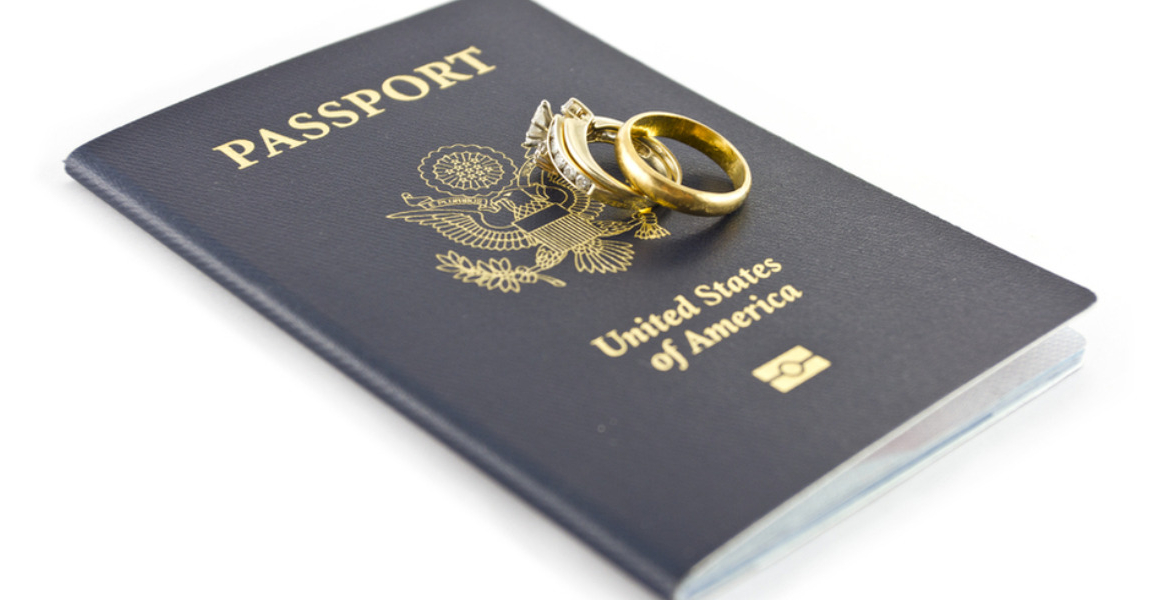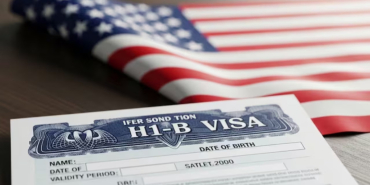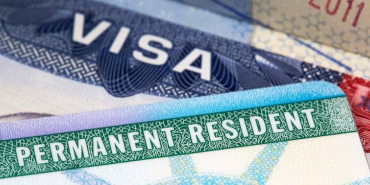Marriage Alone Won’t Make You a US Citizen—Here’s What It Really Takes

As the debate over immigration intensifies across the United States, the human cost of bureaucratic delays and evolving enforcement policies is becoming increasingly evident.
In Tennessee, one family's experience illustrates the complexities and emotional strain faced by those seeking legal residency within a system often criticised for its opacity and inefficiency. Eva, a US citizen residing in Tennessee, has spent the past eight years navigating the labyrinthine US immigration system in an attempt to secure legal residency for her husband, who entered the country without authorisation after fleeing violence in Mexico.
Despite their marriage and the birth of their US-citizen son, Eva's husband remains undocumented, his fate hanging on a pending interview at the US consulate in Mexico. Contrary to common misconceptions, marrying a US citizen does not automatically grant legal residency or citizenship.
US Citizenship and Immigration Services (USCIS) requires extensive documentation proving the marriage's legitimacy, alongside complex forms and legal procedures, particularly for individuals who initially entered the country without documentation. Those in similar circumstances must first apply for a discretionary waiver before leaving the country for consular processing, a step carrying significant emotional and logistical risks.
"It’s really scary," Eva explained, highlighting the potential for her husband to be detained or deported before even reaching the interview stage.
The couple's situation reflects broader tensions within US immigration policy, particularly the increasing focus on enforcement measures targeting non-violent undocumented individuals. A recent joint operation conducted by Immigration and Customs Enforcement (ICE) and the Tennessee Highway Patrol in Nashville resulted in 196 arrests. While officials claim a substantial number of those detained had criminal records or had previously been deported and re-entered the country unlawfully, the legal status and charges associated with 70 individuals remain undisclosed, raising concerns about transparency and proportionality.
The backlog within the US immigration court system further compounds these challenges. As of July 2024, the Executive Office for Immigration Review had a staggering 3.5 million cases pending, according to the Government Accountability Office. Immigration lawyers warn that even seemingly straightforward cases can take years to resolve.
"You’re looking at years to just be able to have your case heard," said Matt Maniatis, a Nashville-based immigration attorney.
Compounding the problem is the persistent misconception that undocumented immigrants do not contribute to the US economy. In reality, many pay taxes using taxpayer identification numbers issued by the IRS. Eva's husband, for example, has worked in the US for almost two decades, consistently contributing to the economy despite his undocumented status.
Yet, political rhetoric often casts undocumented immigrants in criminal terms, a trend that has alarmed advocates and attorneys. During a press briefing earlier this year, White House press secretary Karoline Leavitt characterised unauthorised presence in the US as a criminal act. Expedited removal procedures, traditionally reserved for repeat offenders or individuals using false documentation, are increasingly applied to those who have overstayed their visas or are seeking asylum.
This broadening of enforcement scope places additional strain on families already navigating legal channels. Immigration attorney Will York observes that the increasing use of expedited removal now targets individuals who previously would have been permitted to remain while their cases were being processed. These developments contribute to a climate of fear for families like Eva’s.
"I’m scared every single day that he could be stopped and detained," she said.
In response to widespread frustration with the sluggish legal system,
Representative Andy Ogles (Republican, Tennessee) has announced plans to introduce legislation aimed at streamlining the immigration process. While the specific details of the proposed bill are still being finalised, the move signals a potential policy shift aimed at addressing the procedural inefficiencies that have long plagued families seeking lawful residency.








Add new comment